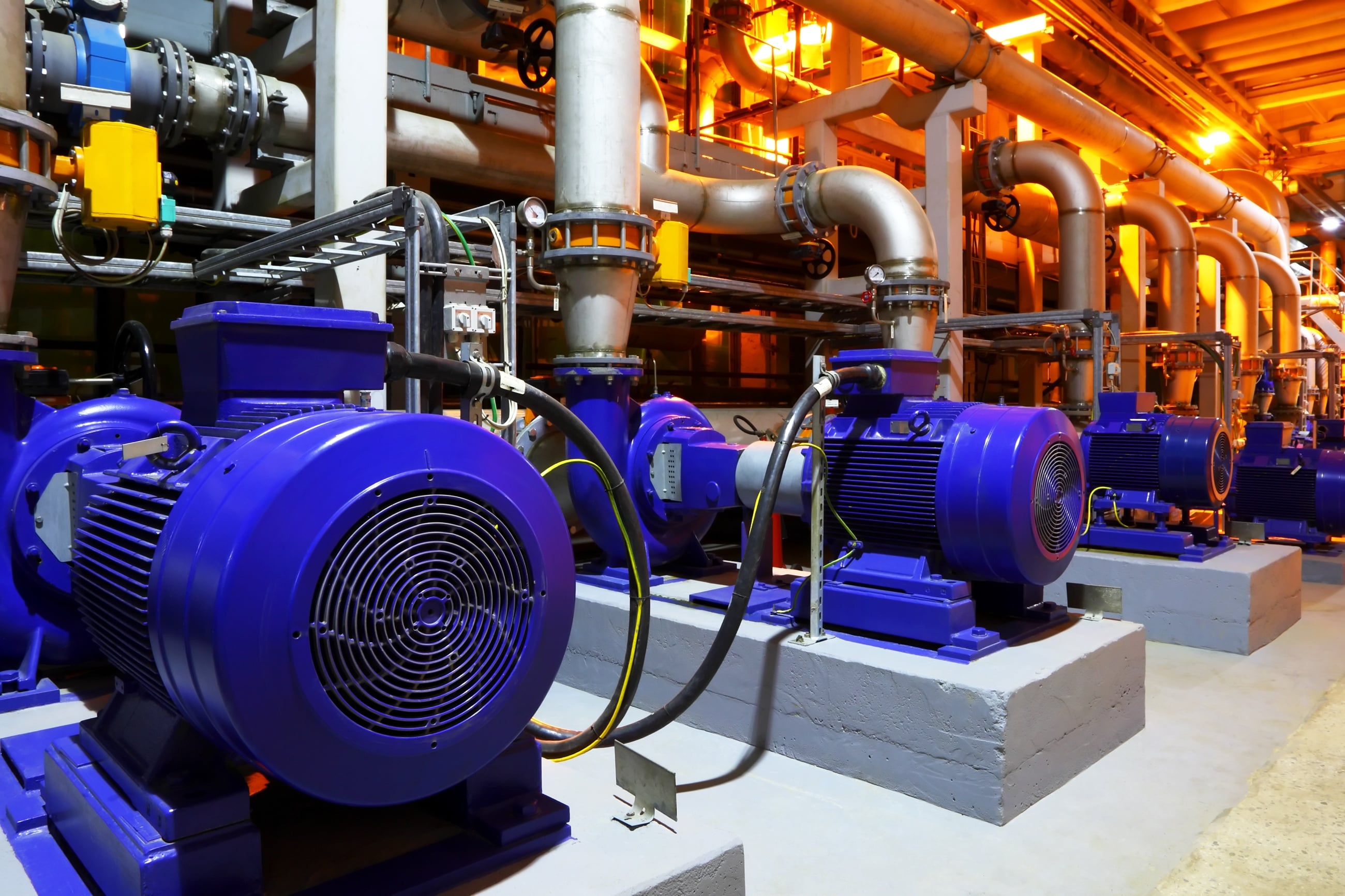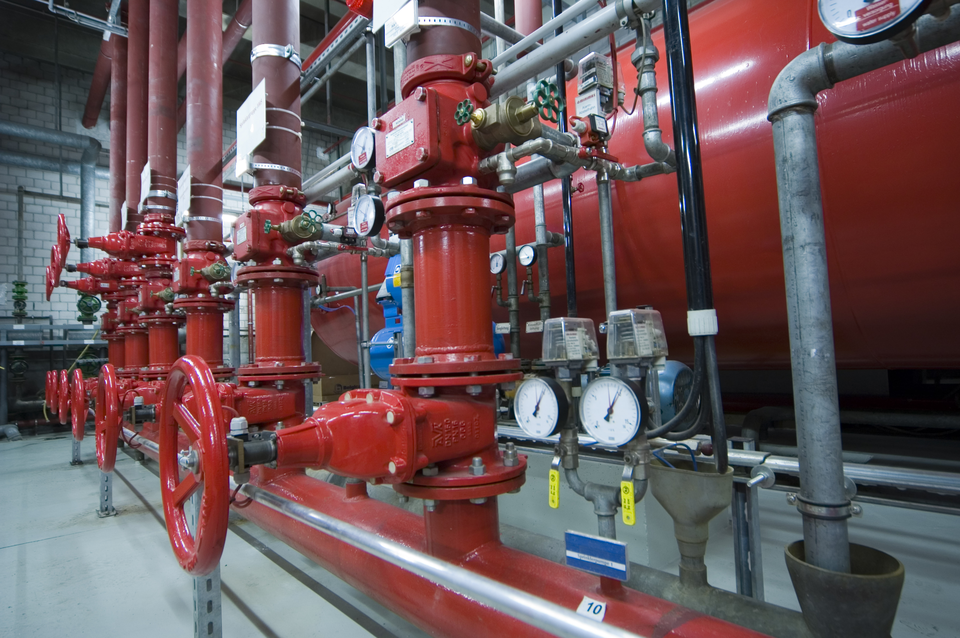The Advice to Rectifying Low Water Pressure in Your Home
The Advice to Rectifying Low Water Pressure in Your Home
Blog Article
Just how do you really feel on the subject of Dealing with Low Water Pressure in Your Home?

Low water pressure in your home can be an aggravating issue, impacting whatever from bathing to washing dishes. If you're experiencing weak water flow, there are several feasible reasons and remedies to discover. In this overview, we'll discuss common factors for low tide stress and functional steps to deal with the issue successfully.
Intro to Low Water Pressure
Low tide stress happens when the flow of water from your faucets, showers, and other fixtures is weak than common. This can make daily tasks more challenging and much less reliable. Recognizing the root causes of low water pressure is critical to locating the ideal service.
Typical Causes of Low Tide Pressure
Pipeline Obstructions
Gradually, pipes can become obstructed with natural resource, sediment, or particles, restricting the circulation of water. This is a typical issue in older homes with galvanized steel pipelines.
Rust
Deterioration within pipes can lead to leakages and reduced water stress. Rust build-up can constrict water flow, specifically in aging plumbing systems.
Faulty Stress Regulators
Stress regulators are in charge of maintaining consistent water stress in your home. If they malfunction, it can cause low tide pressure or unequal flow throughout your house.
Local Water System Issues
Often, the issue lies outside your home. Local water system problems, such as main line leaks or maintenance work, can temporarily minimize water stress in your area.
Exactly How to Detect Low Water Pressure
Inspecting Taps and Components
Start by checking the water stress at different faucets and components throughout your home. If the issue is isolated to certain locations, it might indicate localized issues.
Examining Pipes
Check noticeable pipelines for signs of leaks, rust, or obstructions. Take notice of any kind of uncommon sounds, such as banging or rattling pipes, which could suggest problems within the plumbing system.
Consulting with a Plumber
If you're not able to pinpoint the cause of low water pressure, consider employing an expert plumber to carry out a complete evaluation. They can determine underlying problems and recommend suitable services.
DIY Solutions to Repair Low Water Pressure
Cleaning Up Aerators and Showerheads
Mineral deposits can build up in aerators and showerheads, decreasing water flow. Remove and clean these parts frequently to boost water stress.
Flushing Hot Water Heater
Sediment buildup in the hot water heater can limit flow and lower performance. Flushing the tank periodically aids eliminate sediment and maintain optimum efficiency.
Inspecting Pressure Regulatory Authority
Make sure that the pressure regulatory authority is operating properly. Changing or replacing the regulatory authority can assist restore correct water pressure throughout your home.
Clearing Clogs in Piping
For small blockages, try using a plumbing serpent or chemical drainpipe cleaner to clear obstructions in pipelines. Be cautious when making use of chemicals and adhere to safety and security standards.
When to Call an Expert Plumber
If do it yourself initiatives fall short to resolve the issue or if you believe considerable plumbing issues, it's best to seek aid from a licensed plumber. They have the proficiency and devices to address complex problems securely and efficiently.
Safety Nets to Maintain Water Stress
Regular Maintenance
Set up routine upkeep for your plumbing system to avoid concerns such as corrosion, leaks, and obstructions. Dealing with small problems early can assist avoid more substantial repairs in the future.
Mounting a Pressure Booster
Think about setting up a pressure booster pump to improve water stress in locations with consistently low circulation. This can be specifically advantageous for multi-story homes or properties with high-demand components.
Surveillance Water Use
Be mindful of water usage practices and prevent ill-using the plumbing system. Straightforward modifications, such as incredible showers and washing lots, can aid keep adequate water pressure.
Conclusion
Handling low tide stress can be discouraging, yet recognizing the underlying reasons and applying ideal remedies can restore optimal flow throughout your home. Whether it's cleaning aerators, examining pipes, or speaking with a plumber, taking proactive steps can ensure a consistent supply of water for your everyday requirements.
HOW TO FIX LOW WATER PRESSURE IN YOUR HOUSE (EXPERT GUIDE)
The morning shower lacking any real pressure? Bathtub taking hours to fill? Or maybe you’re dissatisfied with the inadequate performance from your combi boiler?
Then you, like millions of others across the UK, might be experiencing low water pressure.
Fortunately, the good news is that you don’t have to continue living this way. The cause of low water pressure in the home is often quite simple, and you may not even require a plumber to fix the problem.
What causes low water pressure in the house?
If you are experiencing issues with water pressure throughout your home, then you may have one of the problems outlined below.
Most of these problems can be fixed quite easily, but for others, you may need to contact a plumber.
Obstructed Shutoff Valve
If you’ve just bought a new home or recently had building work conducted on your property, there is a chance that your water valves were not fully opened.
If the water valve is partially closed, then you may be restricting the amount of water entering your home. To fix this, simply ensure the valve is fully open.
If the valve appears fully open but you are still encountering reduced water pressure, then the valve may be broken. If this is the case, do not under any circumstances try to fix it without proper training.
Often found under your kitchen sink, a water valve will usually look like a bright yellow handle.
Again, if you believe the water valve is broken, contact a plumber immediately.
Leaks in Your Water Pipes
Leaks are the worst-case scenario when it comes to low water pressure.
If the water pipes are damaged, then this will cause low water pressure, as not all the water will make it to your taps.
After you’ve checked to see if the valve is fully open, you can conduct a leak check of your home. Now, this may seem scary, but it is actually quite simple.
Clogged Water Pipes
Clogged water pipes are one of the most common causes of low water pressure.
These clogs usually build-up when your home is supplied water via iron pipes. Iron is particularly vulnerable to rusting which can then break off and cause an obstruction within your system. You also face the problem of things like dirt, gravel or sand entering creating mineral deposits which further block water flowing from the mains water supply.
Unfortunately, if you suspect that clogged pipes may be restricting your water supply, then you will need to contact a plumber.
In this situation, you will either need to have your pipes removed and cleaned or in more severe cases, you could require a new set of water pipes.
Designer Taps
Designer taps look fantastic, but are they built to be efficient in your plumbing system? Modern taps are built for modern homes and they often have lower flow rates that are specifically designed for use within high-pressure systems.
Install a Water Pressure Booster Pump
If the issue is simply that the mains water pressure supply is too low, the simplest fix is to invest in a booster pump. Found in homes of all shapes and sizes, booster pumps are a relatively cheap option to add extra pressure to your home.
Designed to increase water pressure by passing water into the pump from your mains supply and then ejecting it into your home water system at a higher pressure, a booster pump is a truly simple and effective solution to increasing water pressure.
https://www.anchorpumps.com/blog/the-plumbers-guide-to-fixing-low-water-pressure/

HOW TO FIX LOW WATER PRESSURE IN YOUR HOUSE (EXPERT GUIDE)
The morning shower lacking any real pressure? Bathtub taking hours to fill? Or maybe you’re dissatisfied with the inadequate performance from your combi boiler?
Then you, like millions of others across the UK, might be experiencing low water pressure.
Fortunately, the good news is that you don’t have to continue living this way. The cause of low water pressure in the home is often quite simple, and you may not even require a plumber to fix the problem.
What causes low water pressure in the house?
If you are experiencing issues with water pressure throughout your home, then you may have one of the problems outlined below.
Most of these problems can be fixed quite easily, but for others, you may need to contact a plumber.
Obstructed Shutoff Valve
If you’ve just bought a new home or recently had building work conducted on your property, there is a chance that your water valves were not fully opened.
If the water valve is partially closed, then you may be restricting the amount of water entering your home. To fix this, simply ensure the valve is fully open.
If the valve appears fully open but you are still encountering reduced water pressure, then the valve may be broken. If this is the case, do not under any circumstances try to fix it without proper training.
Often found under your kitchen sink, a water valve will usually look like a bright yellow handle.
Again, if you believe the water valve is broken, contact a plumber immediately.
Leaks in Your Water Pipes
Leaks are the worst-case scenario when it comes to low water pressure.
If the water pipes are damaged, then this will cause low water pressure, as not all the water will make it to your taps.
After you’ve checked to see if the valve is fully open, you can conduct a leak check of your home. Now, this may seem scary, but it is actually quite simple.
Clogged Water Pipes
Clogged water pipes are one of the most common causes of low water pressure.
These clogs usually build-up when your home is supplied water via iron pipes. Iron is particularly vulnerable to rusting which can then break off and cause an obstruction within your system. You also face the problem of things like dirt, gravel or sand entering creating mineral deposits which further block water flowing from the mains water supply.
Unfortunately, if you suspect that clogged pipes may be restricting your water supply, then you will need to contact a plumber.
In this situation, you will either need to have your pipes removed and cleaned or in more severe cases, you could require a new set of water pipes.
Designer Taps
Designer taps look fantastic, but are they built to be efficient in your plumbing system? Modern taps are built for modern homes and they often have lower flow rates that are specifically designed for use within high-pressure systems.
Install a Water Pressure Booster Pump
If the issue is simply that the mains water pressure supply is too low, the simplest fix is to invest in a booster pump. Found in homes of all shapes and sizes, booster pumps are a relatively cheap option to add extra pressure to your home.
Designed to increase water pressure by passing water into the pump from your mains supply and then ejecting it into your home water system at a higher pressure, a booster pump is a truly simple and effective solution to increasing water pressure.
https://www.anchorpumps.com/blog/the-plumbers-guide-to-fixing-low-water-pressure/
Do you like more info about 4 Ways to Troubleshoot Low Water Pressure? Place a remark down below. We'd be glad to know your thinking about this article. In hopes that you come back again soon. Are you aware of somebody who is very much interested in the niche? Be sure share it. Thanks a lot for your time. Please come by our site back soon.
Article Report this page